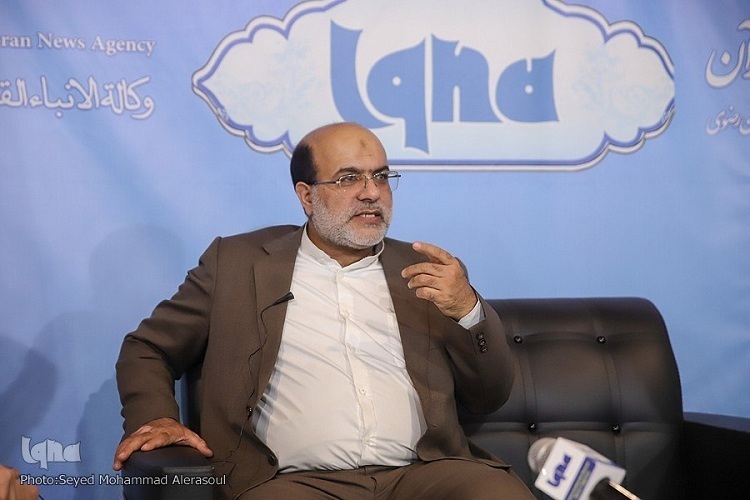Quran Offers Framework for Justice, Solidarity, and Social Resilience: Scholar

Mohammad-Javad Tavakoli Khaniki, a member of the faculty at the Mashhad Quran College, explained that the Quran is not only a moral text but also a source of wisdom for collective crisis management.
Speaking to IQNA, he said the Quran “presents practical and wise strategies built on intellectual, moral, and social foundations to help communities withstand and recover from collective crises.”
Tavakoli said the Quran establishes clear principles for dealing with one of humanity’s most destructive challenges — war. “The Quran allows fighting only in response to fitna and to defend the oppressed,” he explained, emphasizing that aggression or expansionism has no legitimacy in Islamic teaching.
He cited the verse, “Fight in the way of Allah those who fight you, but do not transgress. Indeed, Allah does not like the transgressors” (Al-Baqarah, 2:190), noting that it limits warfare to self-defense and demands moral restraint.
“The Quran requires ethics even in war,” Tavakoli said. “Killing civilians, destroying the environment, or committing violence beyond necessity are forbidden.”
Read More:
He added that the Quran also encourages peace when the opposing side inclines toward it, quoting: “And if they incline toward peace, then incline to it [as well] and trust in Allah; indeed, He is the All-Hearing, the All-Knowing” (Al-Anfal, 8:61). Accepting peace, he said, “stops the cycle of bloodshed and opens space for reconstruction and dialogue.”
Tavakoli pointed to the Quranic call for forgiveness and reconciliation after war: “And to forgo is nearer to God-wariness” (Al-Baqarah, 2:237). “Forgiveness is not only a moral virtue,” he said, “but also a social necessity to heal divisions and restore unity.”
Migration as a moral and social test
Turning to migration, Tavakoli said the Quran views migration from oppression as both a right and a duty. Citing An-Nisa, 4:97, he explained, “Migration is a practical way to preserve faith and life when both are endangered.”
He noted that the Quran also defines the responsibility of host communities, quoting “And those who had settled in the homeland and had accepted faith before them love those who have emigrated to them” (Al-Hashr, 59:9). “This verse teaches empathy and inclusion,” he said. “Migrants should be treated as brothers, not outsiders.”
Addressing poverty, Tavakoli said the Quran promotes both personal responsibility and collective welfare. Quoting “that nothing belongs to man except what he strives for” (An-Najm, 53:39), he said Islam encourages work and self-reliance while rejecting dependency.
Read More:
At the same time, the Quran mandates economic solidarity through mechanisms such as zakat and khums. Citing At-Tawbah, 9:103, he said, “Take charity from their wealth to cleanse and purify them.” These measures, he added, “establish a social safety net for the poor and uphold economic justice.”
He also referred to Al-Baqarah, 2:261, describing charity as a source of blessing and social cohesion, and Al-Baqarah, 2:275, which prohibits usury. “By banning usury and hoarding, the Quran prevents wealth from concentrating in a few hands and combats the structural roots of poverty,” Tavakoli said.
He noted that the Quran’s approach to crises “integrates ethics, governance, and community responsibility.” Implementing these principles, he said, “requires cooperation between rulers and citizens to achieve justice, compassion, and social balance.”
4309433



